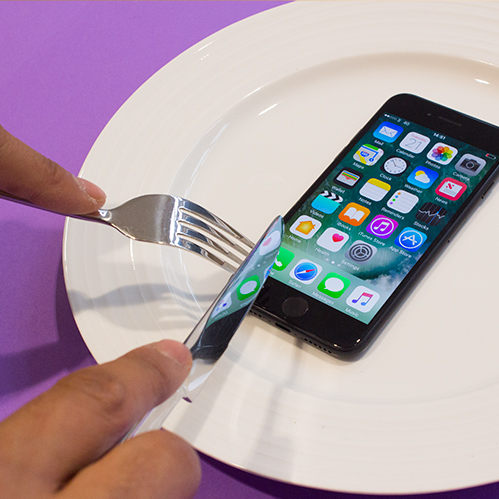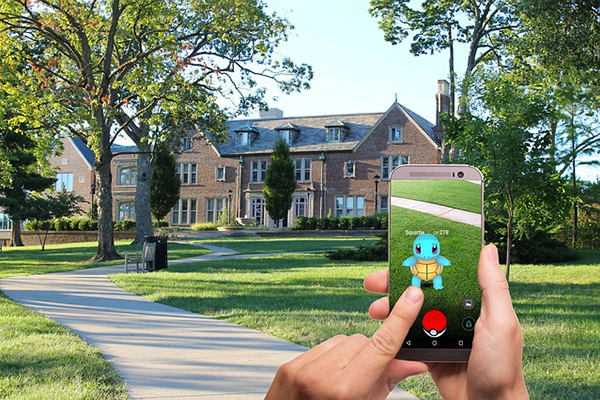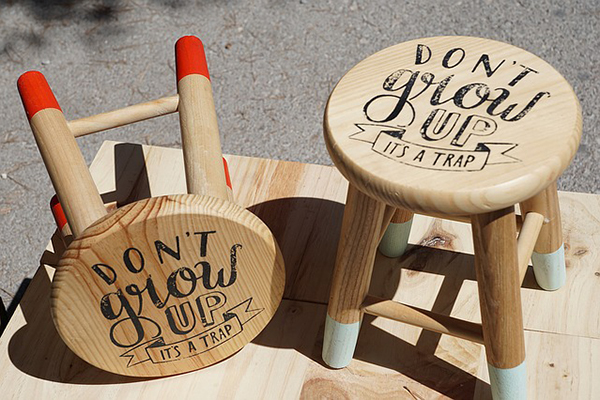How much data do you really need?
April 5, 2017

The tablet and smartphone world is all about data: all those kilobytes (KB), megabytes (MB) and gigabytes (GB) you use over 3G and 4G give you the power to browse the web on the go. Of course, you already know that. But do you know exactly what you can do with a gigabyte and a megabyte? Or how far they can go? More importantly, what do all the numbers mean in terms of how you use your phone?
Data usage can vary dramatically from person to person. We all like doing different things on our phones, whether that’s streaming movies, playing music, checking the footie results, scrolling through Facebook or just browsing the internet mindlessly for hours and hours and hours instead of getting an early night*.
*Just us?
Everyone is different. Which is why Three offers a variety of data plans to cater for every type of customer. We even have deals with extremely high data allowances and loads of minutes, so that you never have to worry about running out. But if you’re looking to do some clever budgeting, it’s all about choosing the right data plan for you to minimise waste.
Here are some of the ways you can use data:

The Super Surfer
Browsing uses between 150KB and 1.5MB per site
The amount of data usage depends on the complexity and the nature of the website you’re trying to view, plus how long you’re on the site.
As a general rule, most websites these days use around 1MB per page, but a larger website with additional features, such as a forum or live support chat, will demand more data. Take a bit of time to monitor how many different web pages you visit per day, as this could give you a pretty accurate account of how much your monthly data usage is.

The Indecisive Listener
One minute of streaming music uses about 500KB
Working on the basis that most songs are around three minutes long, your data usage will be around 1.5MB per song. The higher the quality of the song, the more data it’ll use up. With 1,000 megabytes to a GB on your iPhone*, you’re looking at a high data allowance if you want to stream, so you’ll need a pretty hefty data plan. Offline playlist functions exist on most music players now, which could save you some cash.
*yeah….other phones give you 1024 per GB just so you know…

The Cinema Carrier
One minute of streaming video uses about 2-5MB
Depending on the service you’re using, you could eat through as much as 3GB of data watching a film. Watching BBC iPlayer, for example, uses 144MB per hour. A standard definition film on Netflix will use about 0.7GB per hour, while data usage on an HD film would be between 1GB to 2.8GB per hour. That’s preeeetty huge, so we’d recommend getting the highest data plan out there – or just downloading stuff to your phone on Wi-Fi and watching it offline.

The Switched-On Gamer
An hour of gameplay uses about 5MB
Once more, the more complex and demanding the game (think HD, live chat, multiple players etc) the more data you’ll use. Check your previous data usage with other online games to get a sense of how much data you’re using on a day-to-day basis, and you should get a good idea of the kind of 4G data plan you need.

The Kardashian Wannabe
Updating your Facebook status with a photo uses about 500KB
Social media sites are pretty light on data. If you’re mostly scrolling through Facebook and Twitter or uploading Instagram snaps, you should be able to get away with a slightly lighter data plan.

The Trigger-Happy Downloader
Downloading will use about 3-4MB per item, depending on the file size
We’re talking apps, games, songs and email attachments. Whatever it is, if you’re downloading it, remember that takes up precious data too. Streaming isn’t the only culprit!

How it all adds up
Most people will be a unique cocktail of the above, and it’s surprising how quickly all the different activities add up when it comes to your data usage.
You might check Facebook on your way to work (2MB), watch an episode of Rick & Morty on the way home (60MB) and listen to 10 tracks from your Spotify Discover Weekly on an evening run (15MB). That’s 77MB for the day. Use 77MB every day of the week and you’re looking at 2.1GB for the month.
We’d recommend that you avoid crunching numbers and instead try to work out whether you’re a heavy, mid-weight or light data user. Our data calculator can help you estimate how much data you’ll need and which data plan is best for you.

Don’t fall into the data trap…
It’s advisable to ignore old data-usage guides. Because of 4G and the general advances in technology, everything we’re doing is of a higher quality and is using up more data.
Always overestimate, just to be on the safe side. If you’re in a city with a strong 4G signal, you might end up accidentally watching the HD version of a video and use 10 times as much data.